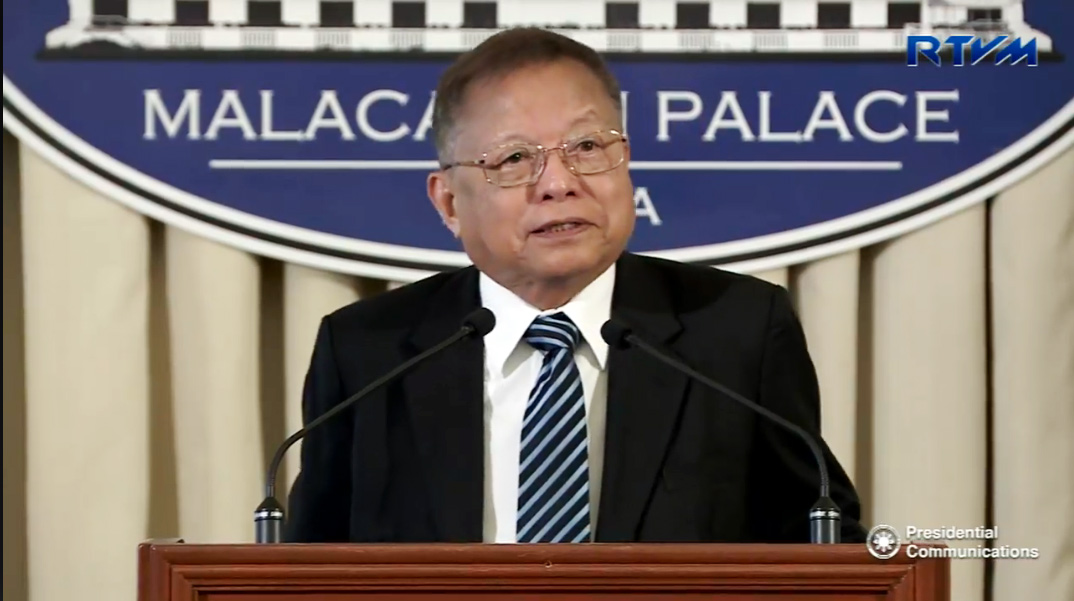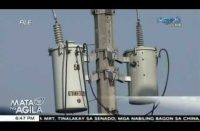
(Eagle News) – With a vote of 11-7, the Consultative Committee tasked to review the 1987 Constitution has decided to adopt a federal-presidential system of government.
In voting held on Tuesday, February 26, the Con-Com, led by former Supreme Court Chief Justice Reynato Puno, opted for a Presidential system under a federal form of government which got 11 votes, as opposed to a “hybrid” semi-presidential system under a federal form of government that only got seven votes.
Puno said the “hybrid” semi-presidential system was an “experiment” that involved too many risks.
Former senator Aquilino “Nene” Pimentel Jr., said he was more in favor of a presidential system which many are more familiar with.
When the committee initially voted, nine opted for a presidential federal system, and only one voted for a parliamentary system. The eight others present went for a hybrid semi-presidential form of government. There were two other committee members who were absent then.
Because under the committee rules, majority of the members should be able to reach a particular vote, the committee voted again resulting in the 11-7 voting favoring the presidential system of government.
“We are more familiar with that setup therefore we know its strengths and weaknesses, therefore we can make or adopt measures to further strengthen it and remedy its weakness,” Pimentel said explaining his vote for a presidential federal system of government.
The United States follows a similar presidential system under a federal form of government.
Under a proposed presidential federal system of government, the President and the Vice-President will be elected nationally. There will also be judiciary, executive, and legislatives branches of government, but there will be federal states that will have their own legislature and local governments.
President Rodrigo Duterte created the consultative committee in December 2016 through Executive Order Number 10, but only appointed 19 members this January 2018.
Under E.O. no. 10, the committee is supposed to have 25 members.
It is tasked to “study, conduct consultations, and review the provisions of the 1987 Constitution including but not limited to the provisions on the structure and powers of the government, local governance, and economic policies.”
Duterte asked the committee to complete its work and submit its recommendation in six months. He will then refer the committee’s recommendations to Congress which will vote to either approve or reject them.
In September 2017, Puno, who eventually headed the consultative committee on charter change, called for a shift to federalism as a remedy to the decades-long unrest among Muslims in Mindanao.
He said federalism will “enable the country to deal with the demands of our Muslim brothers to have their own homeland, which they can govern according to their culture, religion, language and history.”
“This aspiration of our Muslim brothers cannot be substantially granted unless we change our unitary government,” he added. (with a previous PCOO release)






